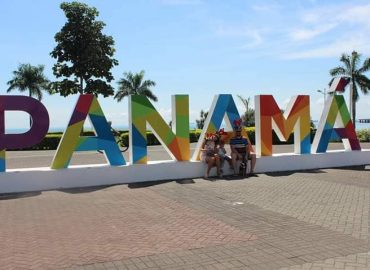As one of the contributing 49 interculturalists / subject matter experts, I’m super happy to see New Zealand represented in Osnat Lautman’s book, Global Cultural Interplay (on amazon.de, amazon.com, amazon.com.au).
When I wrote my intercultural book about New Zealand (in German on amazon.de, amazon.com, amazon.com.au, in English on amazon.de, amazon.com, amazon.com.au), I found that New Zealand was highly under-represented in international literature. If mentioned at all, there was an emphasis on the Pākehā side of things. This never felt right, as New Zealand’s culture is what it is not just because of the first English settlers. Unique is the huge importance and influence of our indigenous people, Te Ao Māori, on the Kiwi culture today.
Another improvement in the book: There is no longer UK. We now talk about England, as that’s what’s mostly meant when talking about the ”UK”. Ireland has made it in there, too, which is quite different in some aspect from the rest of the UK.
I also love the story-telling approach! She’s interviewed us experts and let us tell stories from all around the world, a new approach to an intercultural book.
I’m not an easy reader; through an easily understandable, clear language and story-telling, there aren’t only many experiences shared. The book is approachable and an easy read, even though it’s such a deep topic. Through stories, the four spectrums of TCAP become tangible and real. TCAP stands for “Trust, Communication, Authority and Process”. Whereas the first three can be found in other research / books – sometimes under a different name – process is a new, still immature approach. It’s about not only the “who” in taking decisions, it’s also about “how”, the actions behind it. Osnat investigates “fixed” versus “fluid” approaches to change and process – an important aspect in organisational cultures worthwhile exploring.
The author also captures the position of language relative to culture: “It’s one challenge to become confident when speaking a foreign language, and quite another to become fluent in a foreign culture.”
As an organisational consultant, I love the thoughts around trust, leadership, listening, M&As, high-performing virtual global teams, psychological safety and mindfulness. Words so often used and so little understood, especially in intercultural contexts. Most of those topics are unfortunately approached and taught from a Western perspective most of the time. (Inter-)cultural aspects and challenges are forgotten, or, probably more likely, not known.
Some of my favourite examples from the book:
“Trust is a significant challenge when trying to establish high-performing international teams in global companies, since trust is required across multiple cultures. The difference between forming trust on the personal as opposed to the professional level is enormous.” The exception: in-group trust. And overall not to forget the impact of time – how long it takes to build trust. In Japan for example, it can take years.
“…diversity alone is harmful for individuals and organizations.” It needs inclusion for it to work.
“The diversity of today’s workforce that makes listening so vital also makes listening more challenging.” Different cultures listen in different ways.
“…meditation is not the only path to mindfulness. It may also be achieved through a combination of openness and curiosity; it is a way of being fully present with ourselves and our diverse work relationships.”
Great that, by reading this book, we can start talking about these kinds of topics from a different perspective and maybe look at our business relationships and work from a culturally more aware angle. And have those better conversations that make our world a better place. Thanks, Osnat, for this book!




